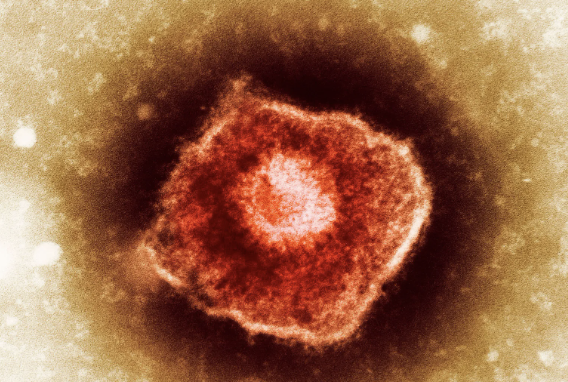Even within your own body, your 30 trillion human cells can’t compete with the 40 trillion or so bacteria that live rent-free in your gut, on your skin, under your toenails.
Your very DNA owes a significant chunk—about 8 percent—of its content to retroviruses, which, when they infect a sperm or egg cell, can rewrite short sections of our genetic code in a way that’s passed down to the next generation. It’s thought that these snippets gave our distant ancestors the ability to form memories and carry their young in a womb instead of laying eggs—without them, humans could look very different.
And it doesn’t stop there. Even today, those bacteria living in your gut—your microbiome—may be influencing your behavior in ways that you can’t sense and that scientists don’t understand, releasing neurotransmitters to make you more sociable and more likely to spread bacteria, playing your brain like an instrument to serve their own ends.
It took the Covid-19 pandemic to really expose the power that germs have over our lives. But bacteria and viruses have been shaping our world in invisible ways for millennia, influencing not only our individual bodies but also the shape of the world we live in: history, politics, religion. That’s the argument made by public health researcher and sociologist Jonathan Kennedy in his compelling new book, Pathogenesis: How Germs Made History. “In the spring of 2020 loads of people were saying, ‘This is extraordinary, this is unprecedented,’” he says. “I had a pretty good idea that it wasn’t.”
